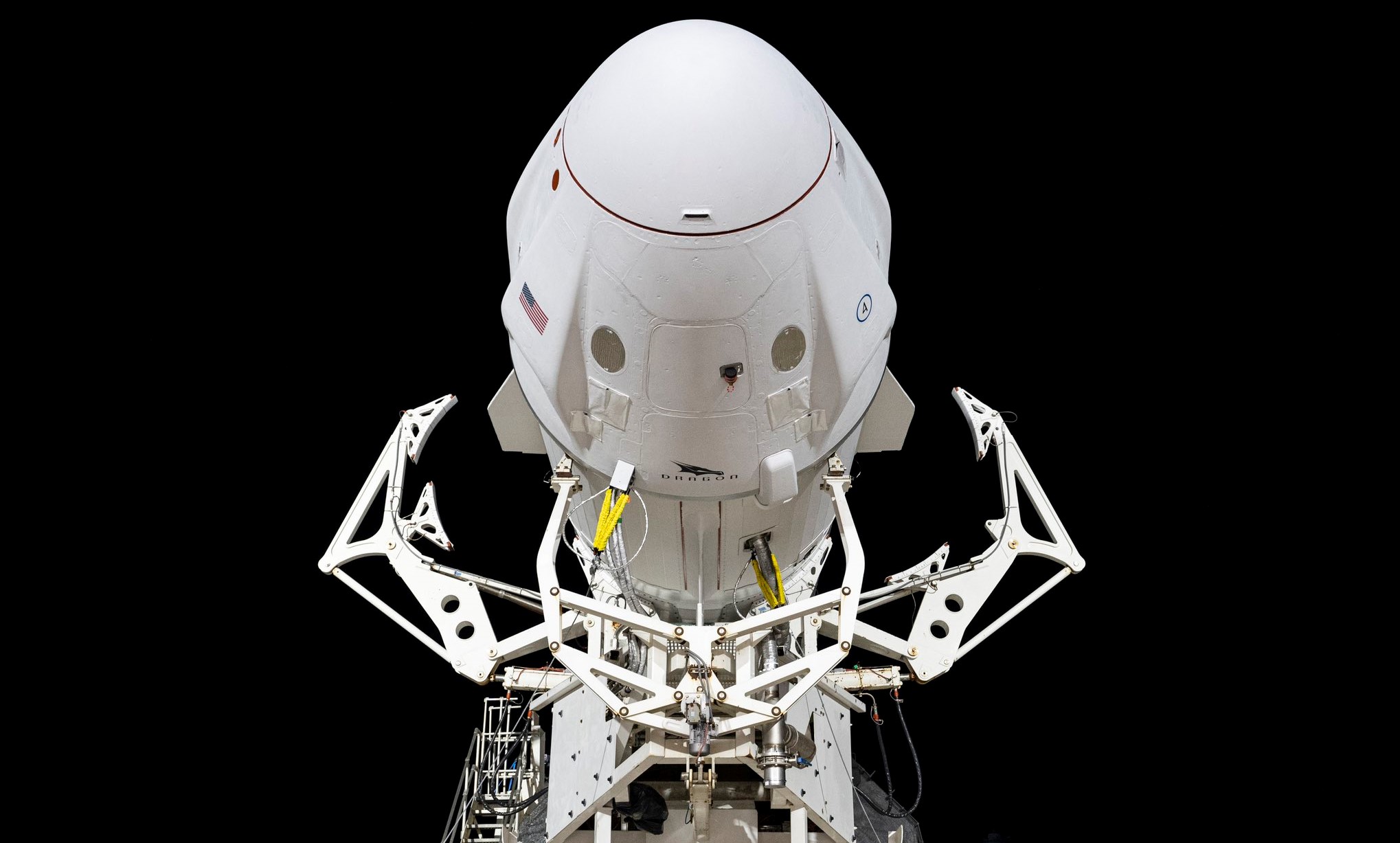
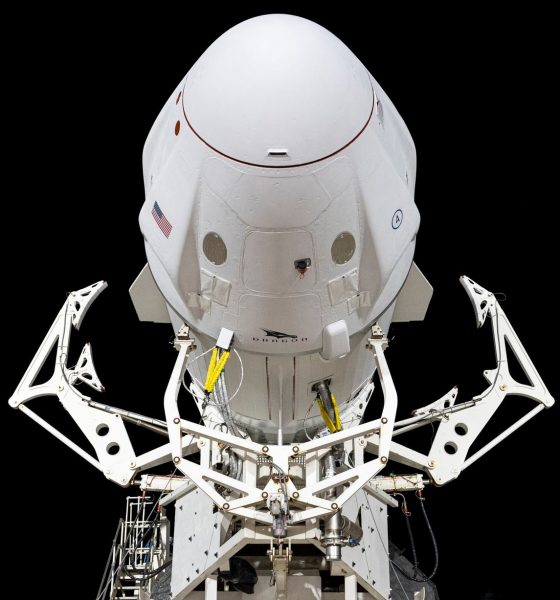
News
SpaceX Crew Dragon, Falcon 9 roll out to the pad for historic Inspiration4 launch
On the morning of September 12th, SpaceX rolled the Falcon 9 rocket and Crew Dragon spacecraft that will support the world’s first fully private orbital spaceflight to the launch pad they’ll soon lift off from.
Scheduled to launch no earlier than (NET) 8pm EDT on Wednesday, September 15th (02:00 UTC 16 Sept), the mission – deemed Inspiration4 by the billionaire funding it – will be both SpaceX and the world’s first crewed orbital spaceflight without a single professional astronaut aboard. Instead, billionaire Shift4 found Jared Isaacman, Ph.D. geologist and science communicator Sian Proctor, engineer Christopher Sembroski (standing in for a friend), and physician’s assistant and childhood cancer survivor Hayley Arceneaux will be along for the ride.
Dragon Resilience — the ride to space and home on-orbit for @rookisaacman, @ArceneauxHayley, @ChrisSembroski, and @DrSianProctor pic.twitter.com/vUnti16EZZ— Inspiration4 (@inspiration4x) September 12, 2021
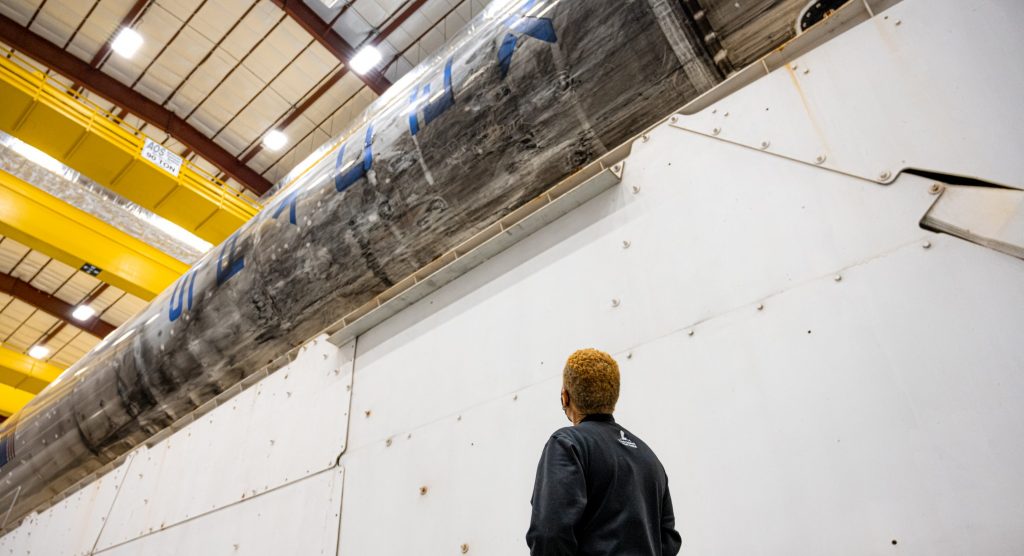
While none of the four crew members are professional astronauts or have any direct spaceflight experience at all, Isaacman – Inspiration4’s commander – is an experienced private pilot and all four have spent the better part of 2021 training full-time to ensure some degree of competency. Of course, Crew Dragon (like its Cargo Dragon 2 variant) is a nominally autonomous spacecraft designed to fly itself to and from the International Space Station – a far more complex task than the three days Inspiration4 is planned to fly free in orbit.
Still, much like all professional NASA and international astronauts to fly on Dragon undergo extensive training, a crew that knows how to operate their spacecraft is far more likely to be able to intervene – and perhaps save the mission and their lives – in the event of a major anomaly. As such, Isaacman, Proctor, Arceneaux, and Sembroski may be far from professional astronauts when they lift off but they also won’t be amateurs.
For Inspiration4, SpaceX will be launching astronauts with a flight-proven Falcon 9 booster and an orbit-proven Dragon capsule for the second time ever. The mission will still mark the first time humans have launched on a twice-flown Falcon booster (B1062) and the once-flown Crew Dragon spacecraft is on pace to reach orbit for the second time in less than five months – smashing the previous orbital capsule turnaround record by more than 40%.
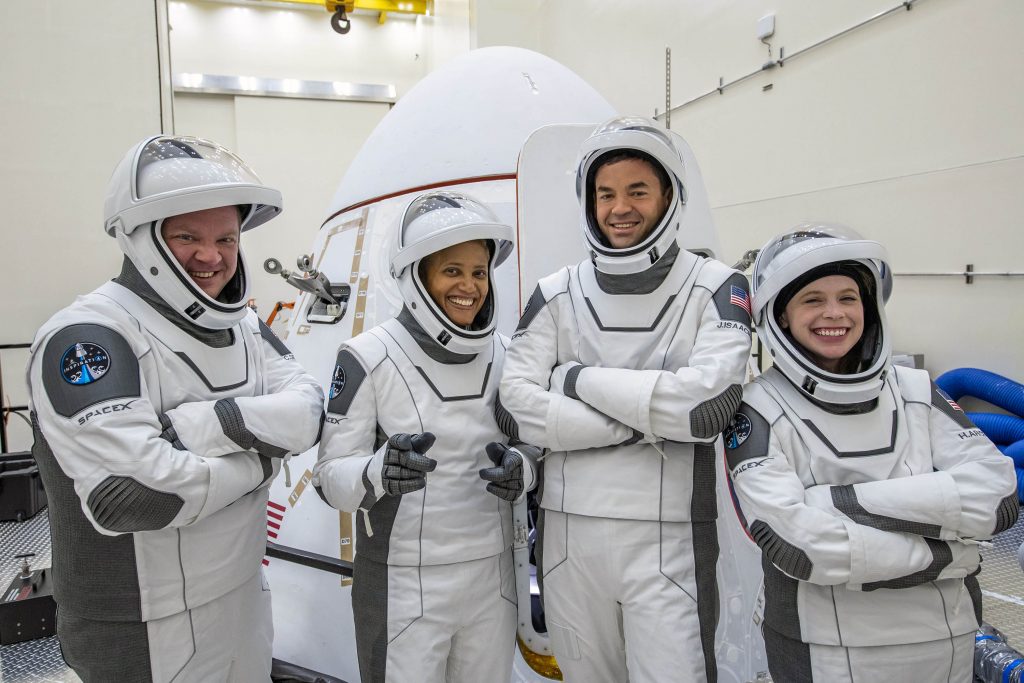
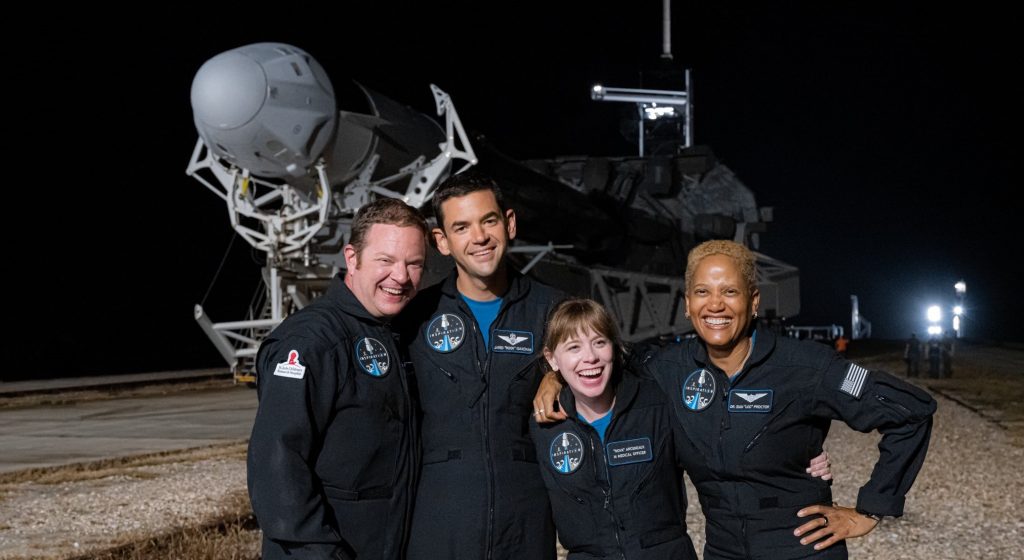
Perhaps most significantly, at the earnest request of SpaceX’s Inspiration4 customer, the mission will also mark the highest orbit and altitude humans have reached – 575 km (357 mi) – in more than 13 years. It will be the seventh-highest Earth orbit ever reached by astronauts after five Space Shuttle missions to service the Hubble Space Telescope and two Gemini spacecraft test flights in the 1960s.
Stay tuned for updates on Inspiration4’s Wednesday launch and SpaceX’s webcast coverage of the historic private spaceflight.

News
Tesla Sweden’s port deal sparks political clash in Trelleborg
The extension of Tesla’s lease has drawn criticism from the local Social Democratic opposition.
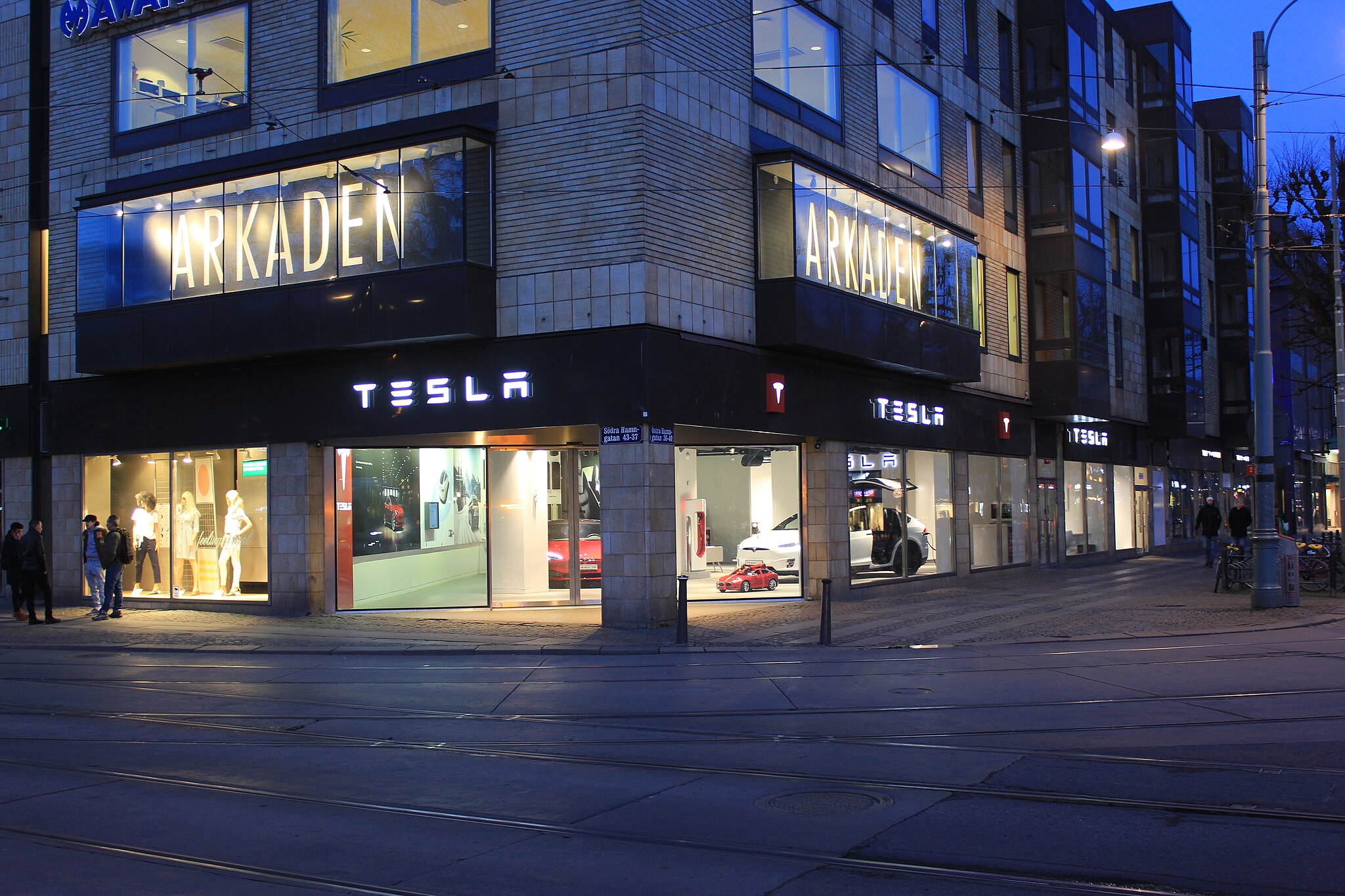
Tesla Sweden’s lease agreement at the Port of Trelleborg has triggered a political dispute, with local leaders divided over whether the municipally owned port should continue renting space to the electric vehicle maker amidst its ongoing conflict with the IF Metall union.
Tesla Sweden’s recently extended contract with the Port of Trelleborg has triggered calls for greater political oversight of future agreements.
Tesla has used the Port of Trelleborg to import vehicles into Sweden amid a blockade by the Transport Workers’ Union, as noted in a report from Dagens Arbete (DA). By routing cars via trucks on passenger ferries, the company has maintained deliveries despite the labor dispute. Vehicles have also been stored and prepared in facilities leased from the municipal port company.
The extension of Tesla’s lease has drawn criticism from the local Social Democratic opposition. Initially, the Port of Trelleborg hinted that it would not enter into new agreements with Tesla, but it eventually opted to renew its existing contract with the EV maker anyway.
Lennart Höckert, an opposition councilor, described the port’s decision as a “betrayal of the Swedish model,” arguing that a municipally owned entity should not appear to side with one party in an active labor dispute.
“If you want to protect the Swedish model, you shouldn’t get involved in a conflict and help one of the parties. When you as a company do this, it means that you are actually taking a position and making things worse in an already ongoing conflict,” Höckert said.
He added that the party now wants politicians to review and approve future rental agreements involving municipal properties at the port.
The proposal has been sharply criticized by Mathias Andersson of the Sweden Democrats, who chairs the municipal board. In comments to local media, Andersson described the Social Democrats’ approach as “Kim Jong Un-style,” arguing that political leaders should not micromanage a company governed by its own board.
“I believe that the port should be run like any other business,” Andersson said. He also noted that operational decisions fall under the authority of the Port of Trelleborg’s board instead of elected officials.
Elon Musk
Elon Musk’s X sees outage on Monday as users report issues
Monday’s outage follows a similar issue that befell the social media platform in mid-January.

X experienced an outage on Monday morning, with tens of thousands of users reporting that the platform failed to load across both desktop and mobile. The disruption began around 8:02 a.m. ET, as per Downdetector data, and quickly escalated in the U.S. and U.K.
Monday’s outage follows a similar issue that befell the social media platform in mid-January.
Shortly after 8 a.m. ET, Downdetector showed a sharp rise in incident reports. At one point, U.S. complaints exceeded 40,000, while U.K. reports climbed past 6,000. Earlier in the outage, filings had already crossed 11,000 in the U.S. and 3,300 in the U.K., as noted in a TechRadar report. X users in other locations, such as the Philippines and Costa Rica, also reported similar issues.
Users attempting to access X were met with a “something went wrong” message. Feeds did not refresh, posts failed to appear, and both the social media platform’s app and web versions appeared affected by the issue. The outage struck during peak weekday usage, amplifying its visibility across regions worldwide.
X has not issued an official explanation for the latest outage or confirmed what caused the service disruption. The scale of complaints drew comparisons to the platform’s major outage in November 2025, which resulted in users being met with “Internal server error / Error code 500” messages, as well as Cloudflare-related error notices.
The incident also comes just weeks after X experienced a similar downtime in mid-January. That outage seemed more notable, however, with more than 100,000 users reporting issues with the social media platform on Downdetector.
Elon Musk
New details emerge on The Boring Company’s Universal tunnel plans
The materials outline staffing, construction timelines, tunnel configuration, and operational details that were not previously public.
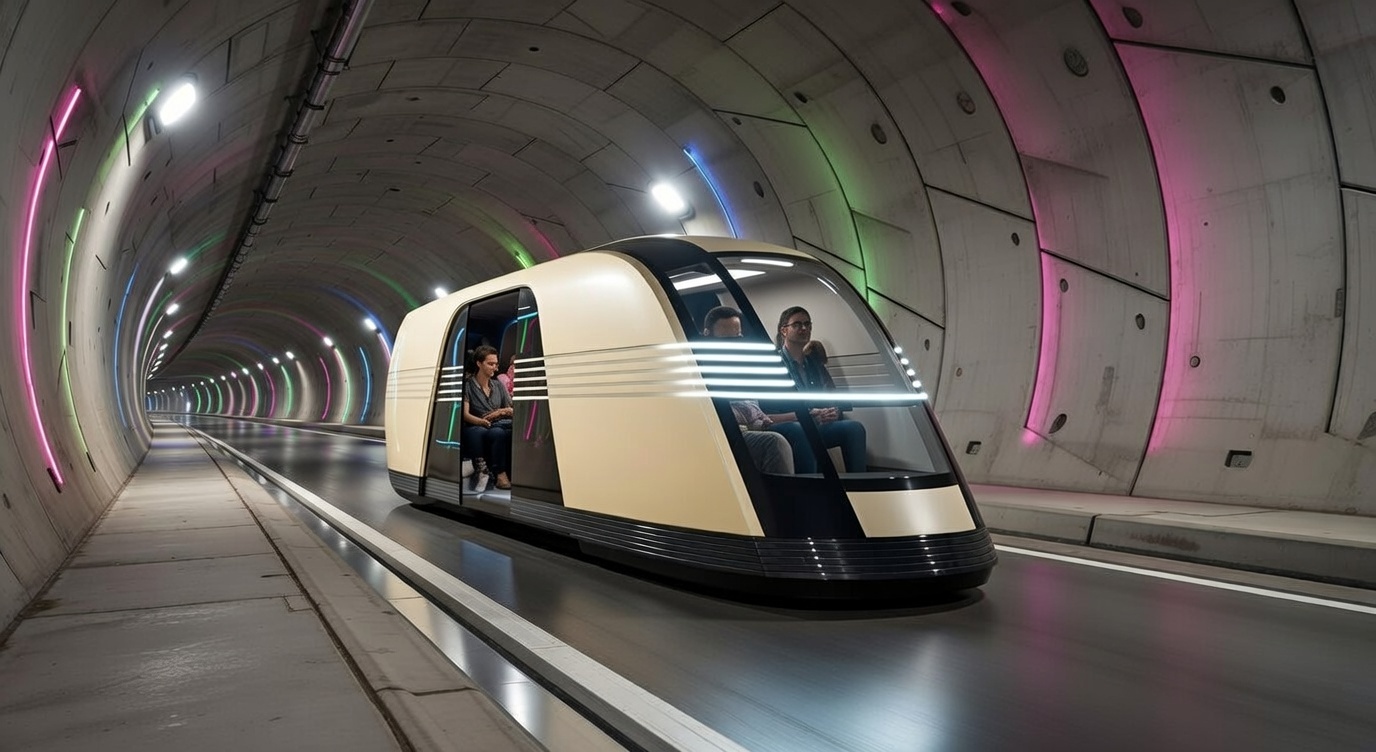
Newly released bidding documents have shed light on how Elon Musk’s Boring Company plans to connect Universal Orlando Resort’s north campus to Universal Epic Universe.
The materials outline staffing, construction timelines, tunnel configuration, and operational details that were not previously public about the planned Loop system.
The Shingle Creek Transit & Utility Community Development District voted Feb. 11 to begin contract negotiations with The Boring Company after ranking it the top bidder for the Universal Orlando transport project. Now, evaluation documents obtained by local news media reveal how the company intends to execute the project, according to Attraction Insight.
The proposal describes a twin-tunnel configuration, with one tunnel in each direction. It also noted that permitting, design, and construction could take roughly a year and a half once approvals are secured. The company indicated it could deploy multiple tunnel boring machines and install temporary support infrastructure, including muck storage pits and stormwater systems, during construction.
Bid documents list eight internal specialists assigned to the project, including tunnel engineers, structural engineers, and tunnel boring machine experts. Six subcontractors would handle fire protection, communications, soil treatment, and concrete work.
The company stated it “has the necessary internally produced tunneling equipment and personnel immediately available to complete this project for the district as quickly as permits and approvals can be obtained.”
Operationally, the system would mirror the company’s Las Vegas Loop model, using Tesla vehicles to provide point-to-point transport rather than fixed-route buses. The proposal frames the concept as “on-demand, express transportation,” with vehicles dispatched as needed and capacity adjustable in real time.
Stations could be built underground or above ground with ramp access into tunnels. The documents also referenced potential future integration of a configurable Robovan for passengers and cargo, though capacity projections for the Orlando tunnels have not yet been disclosed.
The proposal states that the Loop can integrate “easily into environmentally sensitive areas,” but it does not provide detailed mitigation plans for Central Florida’s high water table and limestone geology, which is susceptible to sinkholes. The company has stated that it intends to hire an Orlando-based geotechnical firm to evaluate soil conditions.








